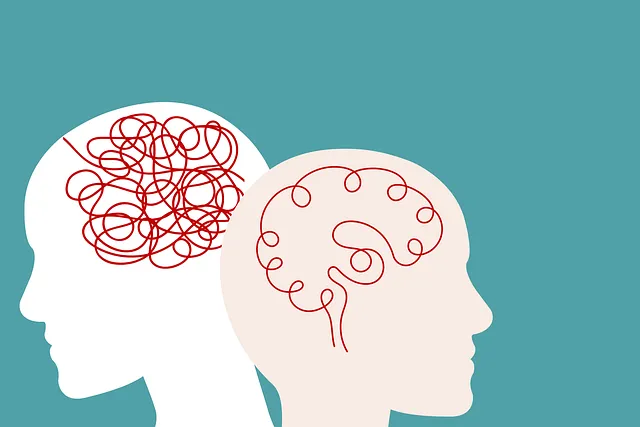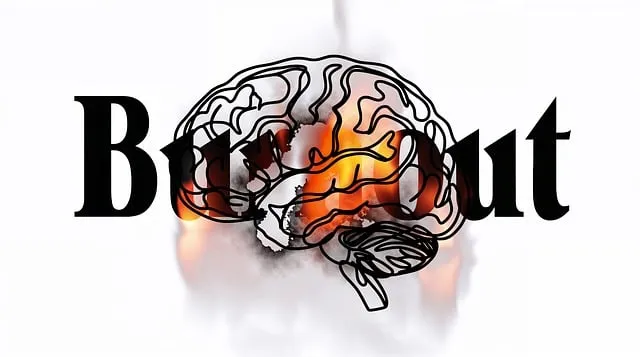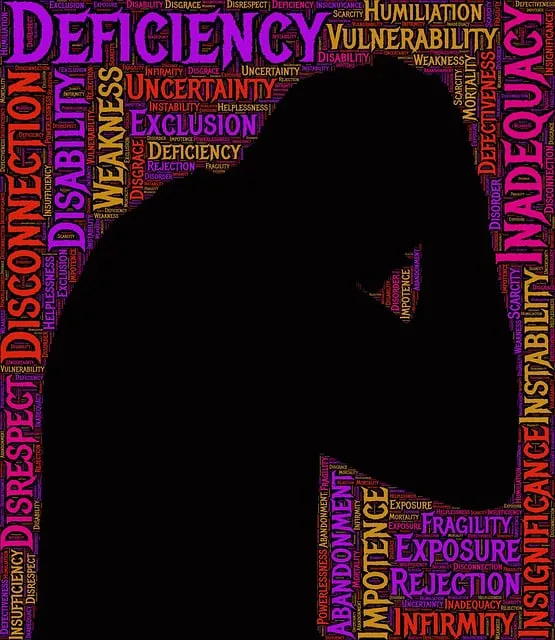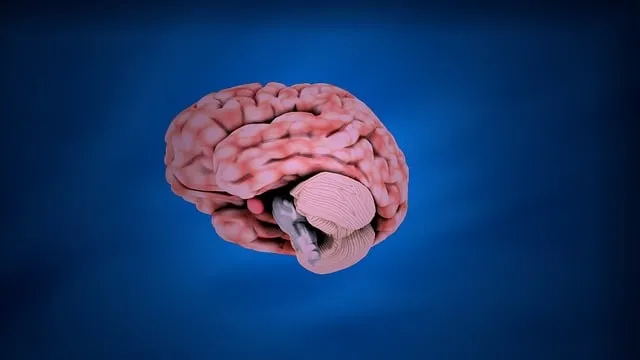The Castle Rock Kaiser Permanente Mental Health Center focuses on early intervention and proactive mental wellness management, addressing modern-day stressors. They've developed innovative self-assessment tools tailored to community needs, empowering individuals to take charge of their mental health through resources for emotional regulation and stress management. These tools, which incorporate evidence-based practices like Compassion Cultivation and Self-Care Practices, aim to build resilience and adaptability. The center prioritizes accessibility and inclusivity in design, ensuring the tools cater to diverse users while facilitating crisis intervention, emotional healing, and social skills training. Continuous improvement based on user feedback and public awareness campaigns further enhance their impact.
At Castle Rock Kaiser Permanente Mental Health Center, we recognize the growing importance of empowering individuals to take charge of their mental wellness. This article explores the development of comprehensive self-assessment tools designed to support mental health management. We delve into key components, integrate evidence-based practices, and consider usability for optimal engagement. By continuously evaluating and improving these tools, our goal is to enhance self-awareness and promote effective coping strategies among individuals seeking mental health support at Castle Rock Kaiser Permanente.
- Understanding the Need for Self-Assessment Tools at Castle Rock Kaiser Permanente Mental Health Center
- Identifying Key Components of a Comprehensive Mental Wellness Self-Assessment
- Incorporating Evidence-Based Practices in Developing Assessment Tools
- Usability and Accessibility Considerations for Optimal User Engagement
- Continuous Evaluation and Improvement Strategies for Effective Self-Assessment Tools
Understanding the Need for Self-Assessment Tools at Castle Rock Kaiser Permanente Mental Health Center

At Castle Rock Kaiser Permanente Mental Health Center, recognizing the importance of early intervention and proactive mental wellness management is paramount. In today’s fast-paced world, individuals often face numerous stressors and challenges that can negatively impact their emotional well-being. This is especially true for those living in areas with limited access to specialized mental health services. To address this gap, the center has embarked on developing innovative self-assessment tools tailored to meet the unique needs of its community.
These tools are designed to empower individuals to take a proactive approach towards managing their mental health effectively. By providing accessible resources for self-evaluation, Castle Rock Kaiser Permanente aims to facilitate early identification of potential issues related to emotional regulation, stress management, and crisis intervention guidance. Through this initiative, the center strives to ensure that folks in the community have the necessary equipment to navigate life’s challenges with resilience and adaptability.
Identifying Key Components of a Comprehensive Mental Wellness Self-Assessment

Identifying Key Components of a Comprehensive Mental Wellness Self-Assessment requires a nuanced approach, especially when drawing from the expertise of institutions like the Castle Rock Kaiser Permanente mental health center. A comprehensive assessment should delve into various aspects of an individual’s mental well-being, encompassing not just symptoms but also social and environmental factors. This includes evaluating emotional states, thinking patterns, behaviors, and coping mechanisms, while also considering personal history, cultural background, and resilience-building strategies.
The development process must address the pervasive issue of mental illness stigma reduction efforts, ensuring that assessment tools are inclusive and non-judgmental. Additionally, integrating insights from Mental Health Policy Analysis and Advocacy can help tailor assessments to current societal needs, promoting effective interventions and support systems.
Incorporating Evidence-Based Practices in Developing Assessment Tools

When developing mental wellness self-assessment tools, integrating evidence-based practices is paramount to ensure their effectiveness and reliability. Organizations like Castle Rock Kaiser Permanente mental health center have pioneered approaches that emphasize both clinical validation and practical applicability. These tools often incorporate evidence from extensive research into psychological interventions, such as Compassion Cultivation Practices and Self-Care Practices, which have been shown to enhance emotional resilience and overall well-being.
By drawing on these evidence-based methods, assessment tools can help individuals navigate their Emotional Healing Processes more effectively. This integration ensures that users receive actionable insights and guidance based on scientifically proven techniques, fostering a more holistic approach to mental wellness. Such tools not only assist in identifying areas of concern but also empower users to adopt healthy coping mechanisms, thereby improving their quality of life.
Usability and Accessibility Considerations for Optimal User Engagement

When developing self-assessment tools for mental wellness at a center like Castle Rock Kaiser Permanente mental health center, usability and accessibility are paramount to ensure optimal user engagement. These tools should be designed with an intuitive interface that is easy to navigate, regardless of the user’s technical proficiency. Incorporating clear instructions, simple language, and visually appealing layouts can significantly enhance user experience.
Additionally, ensuring accessibility for diverse user groups is crucial. This includes providing options for alternative text on images, keyboard navigation for those who cannot use a mouse, and support for various screen readers. By implementing these considerations, the self-assessment tools at Castle Rock Kaiser Permanente mental health center can offer effective Crisis Intervention Guidance while fostering Emotional Healing Processes and even facilitating Social Skills Training for all users.
Continuous Evaluation and Improvement Strategies for Effective Self-Assessment Tools

At the Castle Rock Kaiser Permanente mental health center, continuous evaluation and improvement are key strategies to enhancing self-assessment tools. Regular feedback from both users and mental health professionals plays a pivotal role in this process, ensuring that the tools remain effective and relevant. By implementing a robust feedback loop, the center can quickly identify areas needing refinement or additional features based on real-world application and user experiences. This dynamic approach allows for ongoing optimization, aligning the self-assessment tools with the evolving needs of individuals seeking mental wellness support.
Moreover, integrating public awareness campaigns development strategies can further elevate the impact of these tools. Educating the public about mental health and normalizing conversations around it can increase tool adoption rates and engagement. Coupled with regular updates based on user feedback and risk management planning for mental health professionals, these initiatives collectively foster a comprehensive framework for promoting mental wellness through innovative self-assessment tools.
The development of robust mental wellness self-assessment tools, as demonstrated by practices at Castle Rock Kaiser Permanente Mental Health Center, is an essential step towards empowering individuals to take charge of their mental health. By incorporating evidence-based practices and prioritizing usability, these tools can effectively bridge the gap between professional assessment and personal self-awareness. Continuous evaluation ensures that these resources remain relevant and effective in meeting the evolving needs of the community, fostering a culture of proactive mental wellness at Castle Rock Kaiser Permanente and beyond.






